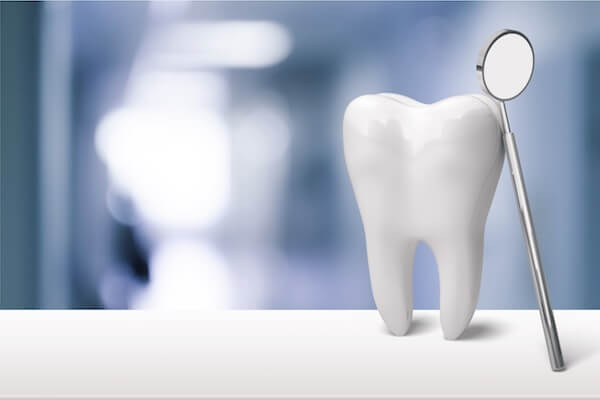
Preparing for Bone Grafting
Bone grafting is not a procedure that can be simply performed the minute you walk into an oral surgeon’s office. There are specific steps that must be taken to prepare you for this dental procedure. Failure to follow any pre-procedure instructions could result in complications arising during the bone grafting procedure or it could require you to reschedule the entire procedure.
It is important to remember that every patient’s pre-procedure instructions will vary depending upon previous medical history, whether the bone graft material is coming from the body or an outside source, and the personal preferences of the oral surgeon. However, the following are some examples of preparations that are usually required for most patients who are undergoing a bone graft.
Be an Informed Dental Patient
When it comes to complex dental procedures, it is important that you be an informed patient. Informed patients understand why the procedure is needed, how it will be performed, what the desired outcome is, and what complications can arise during the procedure.
An oral surgeon will often have a consultation appointment with you before your bone grafting procedure. This appointment is designed to give you one-on-one time to learn more about the procedure. Feel free to ask any questions you may have about the pre-procedure, actual procedure, and recovery process during the consultation. No question is pointless.
Some things to ask during the consultation include:
- What type of material is being used for the bone graft?
- Do I have a choice in the material used? Is one type of material better or more effective than another?
- Why do I need a bone graft?
- What types of complications could happen during the procedure? What complications could happen after the procedure?
- Are there alternatives to bone grafting?
- What happens during the bone grafting procedure?
- What should I expect when it comes to recovering from this procedure?
Examples of Pre-Procedure Instructions
Each oral surgeon has his or her own preferences for pre-procedure instructions. The following are some examples of some of the instructions you may be given before your bone grafting procedure:
- Stop taking certain types of medications. Some medications interfere with the anesthesia while others may thin the blood. What medications you need to stop and when you need to stop taking them will vary. Some medications, such as aspirin, need to be stopped as far ahead as two weeks before the procedure. Make sure your oral surgeon knows all over-the-counter medications, prescription medications, and supplements/vitamins you are taking so you can get a complete list of what needs to be stopped before the procedure.
- Adjust or remove dental appliances. Some dental appliances may get in the way of the bone grafting procedure. Make sure you follow all instructions, such as taking out any dentures or other dental appliances.
- Stop smoking. Some oral surgeons recommend that you stop smoking anywhere from three to seven days before the procedure.
- Do not eat after a certain time. If you are being sedated for the procedure, you will be given a time when you cannot eat or drink before the procedure. It is important that you follow these instructions as your procedure may need to be rescheduled if you do not follow them.
- Arrange for a ride home. Due to the sedation used for bone grafting, you will be extremely tired and fatigued. You must arrange for a ride home as you will be unable to drive for at least 24 hours.
Talk with Your Oral Surgeon about Pre-Procedure Instructions
Patients of Vero VIP Implants & Periodontics will receive detailed pre-procedure and post-procedure instructions. Our oral surgeon will go over the instructions either during the appointment before the procedure or the consultation. This is a great time to ask any questions you may have about the instructions.
If after your appointment or consultation you have any questions, call our office immediately and ask our office staff. It is important that you fully understand all pre-procedure and post-procedure instructions.